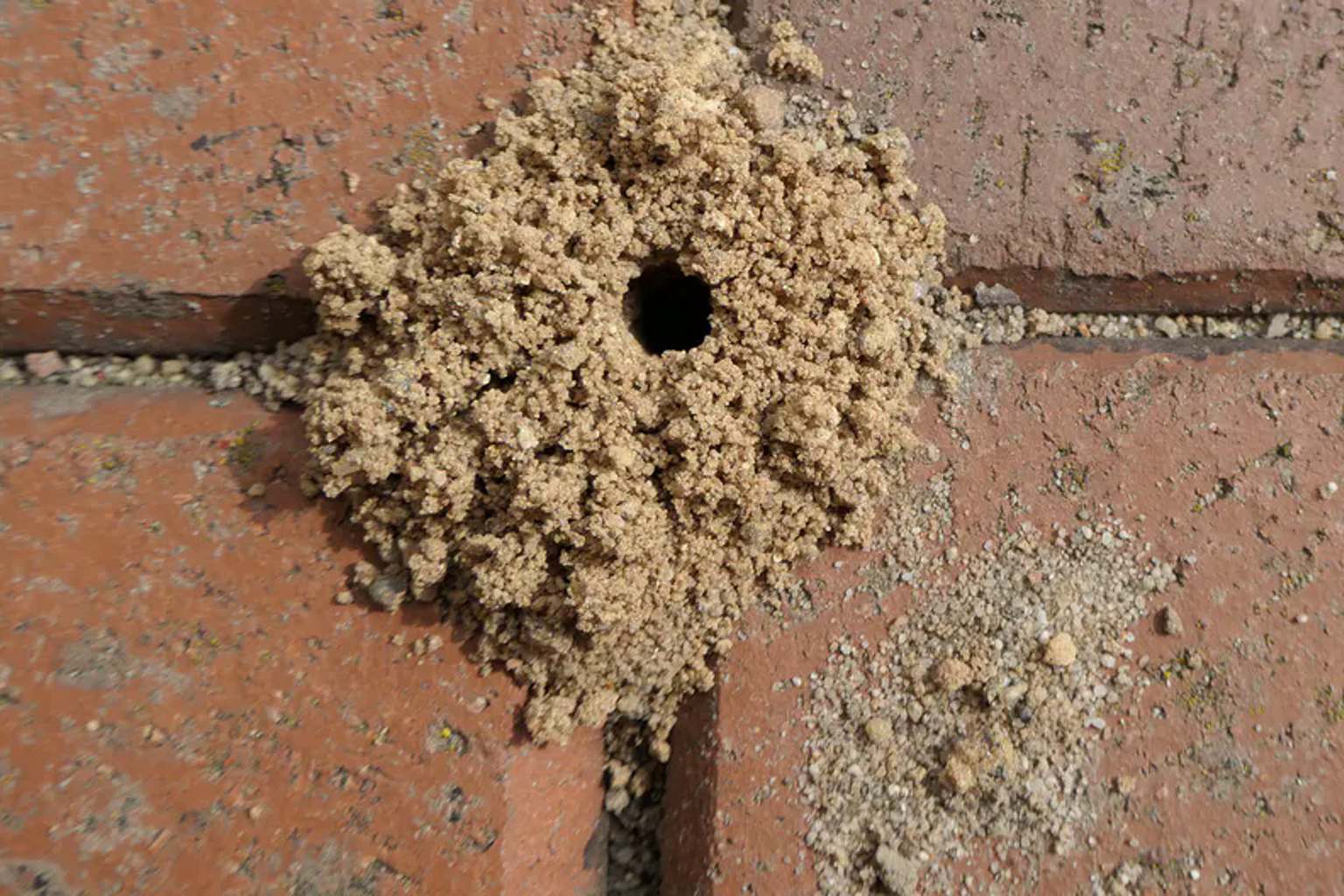Many of us have faced the frustrating battle against ants invading our homes or gardens. What if the solution to this common problem is hiding right in your kitchen? Garlic works as a powerful natural repellent thanks to its strong smell that disorients insects, making it an eco-friendly alternative to chemicals.
How to prepare a garlic ant repellent spray
Making your own garlic spray is simple and inexpensive. Take a few cloves of garlic and cover them with boiling water. Let the mixture steep for about 15 minutes to release the active compounds that repel ants.
What it means to stay home all weekend, according to psychology
After steeping, bring the entire mix back to a boil briefly. Once it cools, pour it into a spray bottle for easy application. You can spray it directly where ants are active or even pour the liquid right into the nest for maximum impact.
For an extra boost, add a splash of lemon juice or apple cider vinegar. These ingredients enhance the scent barrier that ants find unbearable.
Combine garlic spray with other natural ant control methods
The garlic infusion is powerful but works even better when you combine it with other home remedies. A simple mixture of water and vinegar wipes away the scent trails ants use to navigate.
He lived for years thinking he had a rock with gold, but it was a hidden treasure
Additionally, a blend of baking soda and powdered sugar is toxic to ants and can be sprinkled near entry points. Pungent spices like cinnamon and cloves can be scattered around problem zones to discourage ants from venturing inside.
I once had a stubborn ant problem in my kitchen. After trying many store-bought sprays without success, I made a garlic spray and sprinkled cinnamon near the cabinets. Within days, the ant traffic slowed down dramatically. It reminded me how nature offers simple, effective solutions when we listen carefully.
Grow plants that naturally repel ants and other pests
Long-term ant control is possible by cultivating aromatic plants that ants find offensive. Planting peppermint, lavender, thyme, rosemary, or basil around your home can create a natural barrier that ants won’t cross.
Another helpful plant is tansy, which not only deters ants but also keeps mosquitoes and other bugs away. These herbs fill the air with essential oils that insects find disagreeable. This approach is gentle, safe for kids and pets, and enhances your garden’s beauty.
Dealing with ants doesn’t have to involve expensive or harsh chemicals. Experimenting with garlic mixtures and fragrant plants can be just as effective. Plus, you’re protecting your family and the environment by choosing natural remedies.
Have you tried any natural ant repellents that worked for you? Or maybe you have a favorite plant that keeps bugs at bay? Share your stories and tips in the comments. Let’s swap ideas and make our homes pest-free the natural way!

I’ve found little ants in my kitchen and used a lint roller to eradicate the little beasties.
Inhumane perhaps, but quick, clean and very effective. 🐜
I used boric acid with sugar and some water, it shouldn’t be watery. I put some on the counter I have less each day, works very good for me.
Boric acid will also get rid of roaches.
Boric acid and apple mint jelly will eradicate the ants nest
Lemon slices sprinkled with salt works wonders
The ants were getting so bad they were everywhere in my house ! In my room where I keep my drink , I experimented with baby powder. I heard as a kid that ants won’t cross a white chalk line . I didn’t have any chalk , so I made a square big enough for my drink glass to sit in . It works , the ants can’t stand the powder and don’t want it on them . It really slowed down the ants in my room !